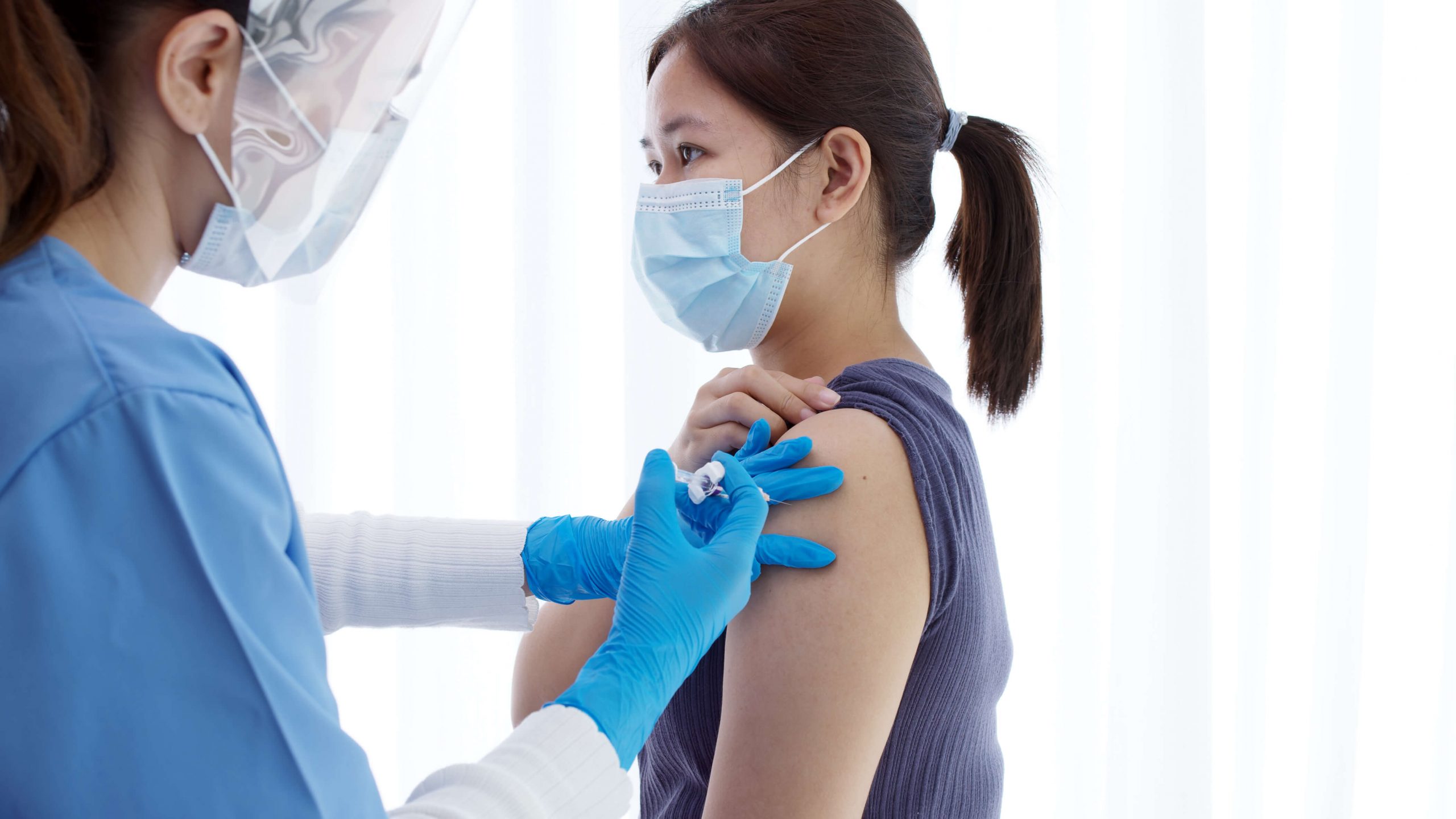Pregnancy Care
Postpartum: 6 Common Skin Conditions and What You Can Do About It

You may have enjoyed that pregnancy glow while it lasted, but skin conditions such as acne, stretch marks and dark spots can come up after you’ve become a new mom. To make things worse, you’re too busy recovering and caring for your baby to concentrate on nourishing your skin.
Read on for common postpartum skin conditions and what you can do about them, by following a few quick healthy lifestyle and post-pregnancy skincare tips.
Common Postpartum Skin Conditions and How To Reduce Them
1. Stretch marks
Your skin stretches rapidly during pregnancy to accommodate a growing baby for 9 months. This can create small tears in the dermis layer of your skin, causing stretch marks. The stretch marks will appear to be purple, pink, or reddish-brown in colour at first but eventually, fade to white or transparent.
Start using a stretch mark cream or Vitamin E oil on areas prone to stretch marks such as the stomach, thighs, and chest during and after your pregnancy. These can reduce the likelihood of tears in your skin by keeping it moisturized.
Maintain a healthy diet and get some exercise as that can reduce the visibility of your stretch marks. Even basic exercises such as yoga or brisk walking can help to reduce your stretch marks.
2. Dark spots
Dark spots can appear on your skin as a result of the stress and changes to your body caused by pregnancy. They are brownish spots that appear on your skin especially on your face.
Cleanse your skin twice a day with a gentle cleanser. You can also exfoliate your skin once a week with a mild scrub to remove dead skin cells, lighten dark spots and reduce acne.
3. Melasma
You might notice brown patches on your face which is a change in pigmentation. These patches are called melasma and occur because when the level of estrogen and progesterone hormones in your body increases. Some of the dark patches may fade after pregnancy as hormonal levels decrease although some may be permanent.
Avoid having excessive exposure to the sun as that can worsen the pigmentation. Use sunscreen every day even if you are staying indoors. Use an SPF 15 sunscreen if you’re staying indoors and an SPF 30 or SPF 50 sunscreen when you’re going out in the sun. You may also want to bring along a cap or an umbrella to protect yourself from the sun.
Find a moisturizer made for pigmented skin and apply it daily.
4. Dark Circles and Puffy Eyes
Dark circles under your eyes are also known as eye bags and may be darker in colour. Puffy eyes are swollen eyes. They commonly occur as a result of fatigue and your body is typically very tired after pregnancy. It can also happen because of the lack of sleep you may experience while taking care of your baby and waking up to feed them.
Catch up on sleep whenever you have time. One way to do this is to sleep whenever your baby sleeps even though you may not be used to frequent naps every day.
Drink plenty of water and have at least 8 glasses of water a day. This will hydrate your skin and reduce the appearance of dark circles and puffy eyes. Also, ensure your diet is rich in iron.
You can also apply an eye cream meant for dark circles and puffy eyes.
Latest Articles
How Are Abdominal Hernias Treated?
What to Expect from Colorectal Surgery
How to Treat Breast Inflammatory Conditions
Gynaecomastia: Understanding Male Breast Cancer
5. Acne
Acne and pimples aren’t only associated with adolescence and puberty. It’s common to have acne after your pregnancy due to high progesterone levels that cause your skin to become more oily, even if you had clear skin throughout your pregnancy.
Wash your face with a gentle cleanser twice a day and look for those that use natural ingredients such as aloe vera. You may also want to apply an oil-free moisturizer daily in the morning and before bed to keep your skin moisturized.
Once a week, use a mild exfoliating scrub with soft granules.
6. Hypersensitivity
You may experience very sensitive skin when your skin reacts badly to triggers such as mild sun exposure or detergent.
A dermatologist can assess your skin condition to find out if you have a skin allergy and whether it is likely to persist, and prescribe medication or creams to soothe your skin.
Additional Tips
Apply sunscreen and avoid excessive sun exposure as that can exacerbate certain skin conditions.
Drink plenty of water and use moisturizers to keep your skin hydrated. This will help bring the glow back to your skin.
Make sure you cleanse, tone, and moisturize daily to prevent sebum, dirt, or dead skin cells from building up on your skin. You can opt to exfoliate your skin with a mild scrub once a week to remove dead skin cells.
Try to get the recommended eight hours of sleep or as much as possible. If you are still waking up frequently to feed your baby, catch up on your sleep whenever you have time.
You may also want to seek your doctor’s advice about taking multivitamin tablets to replenish the vitamins that can hydrate your skin. Eat more leafy vegetables that are rich in iron.
Conclusion
Acne, stretch marks, melasma, and other skin conditions can plague you even while you recover from childbirth. Cleansing and moisturizing your skin, staying hydrated and specific creams and treatments can help to restore the glow to your skin. If your skin conditions do not improve, visit a dermatologist to assess and provide medical treatment for your skin.
WHO WE ARE
About SOG Health Pte. Ltd.
Established in 2011, SOG Health Pte. Ltd. (“SOG”) is a leading healthcare service provider dedicated to delivering holistic health and wellness services to the modern family.
With a long and established track record in Singapore providing Obstetrics and Gynaecology (“O&G”) services such as pre-pregnancy counselling, delivery, pregnancy and post-delivery care, the Group has since further expanded its spectrum of healthcare services to include Paediatrics, Dermatology, and Cancer-related General Surgery (Colorectal, Breast & Thyroid).
The Group’s clinics, under its four operating segments of O&G, Paediatrics, Oncology and Dermatology, are strategically located throughout Singapore to provide easy access to its patients.
- Obstetrics
- Gynaecology
- GynaeOncology
- Breast, Thyroid & General Surgery
- Colorectal, Endoscopy & General Surgery
- Dermatology
- Paediatrics
Consult With A Specialist From SOG
Visit one of our specialists today to learn more about your health!
Recommended Specialists
Book An Appointment
Fill up this form and our clinic will get back to you shortly.
For general enquiries, please click here.








